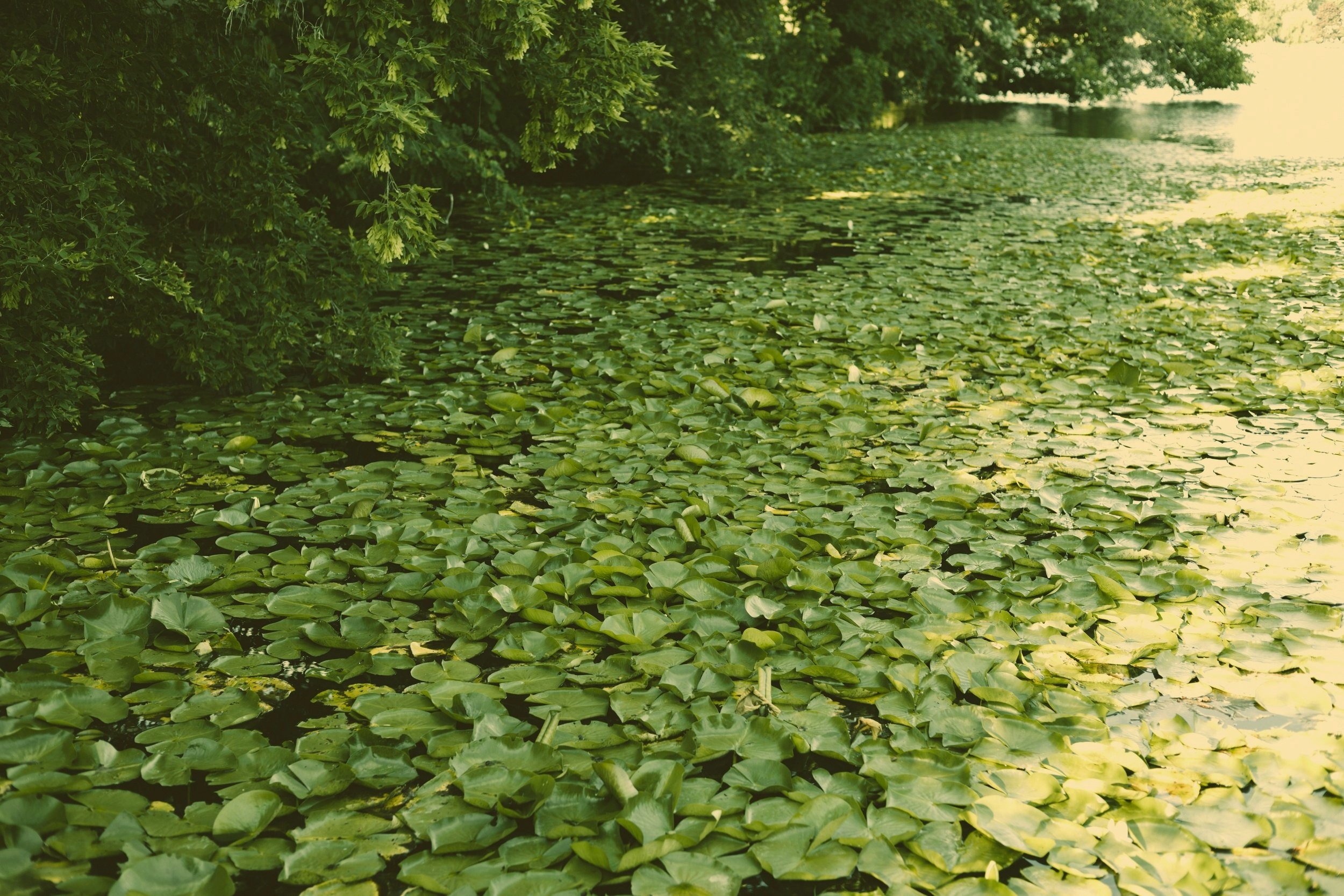
What We Do
Our Mission
WAMSCO's mission is water conservation for the entire watershed: lakes, rivers, creeks, and groundwater. WAMSCO promotes Best Management Practices “boots on the ground” projects and assists with implementation to protect our natural resources. This includes various education events for our youth and the community year-round. Whether you live on the water, recreate on it, eat the fish out of it, or drink water, this resource affects everyone!
Shoreline Restoration
WAMSCO provides shoreline restoration expertise at a local and personal level. We seek to achieve greater biodiversity and reduced surface water runoff in Menominee and Shawano Counties through the implementation of these restoration projects. Whether you’re looking to stabilize your shoreline, install a native planting, or increase pollinator habitat on your property, we can provide you with cost-share options to reduce the overall cost of your project. In the past, WAMSCO has worked to install:
Contact us to schedule a free site-visit or click here for more information about your cost-share options.
Native Plantings
Pollinator Gardens
Rain Gardens
Riprap
Bio-Bags
Seawall Removals
Aquatic Invasive Species Management
WAMSCO works to manage many different aquatic invasive species in Shawano County. Every year, we host and participate in various biocontrol activities, including boat launch monitoring, exotic pet surrender events, Clean Boats, Clean Waters, and more. Purple Loosestrife biocontrol is one such activity that we work with Menominee County to manage through Galerucella Beetle rearing.
REMEMBER, prevention is the best way to stop the spread of aquatic invasive species.
INSPECT
REMOVE
DRAIN
DRY
Education
At WAMSCO, we emphasize the significance of water conservation to the youth and the community. Through both in-person and digital education, we aim to engage students, organizations, and individuals about the crucial role these water bodies play in our ecosystem and daily lives. By teaching about the importance of preserving and protecting our waterways, we instill a sense of responsibility and environmental stewardship in our community and future generations. We work with:
WAMSCO offers various educational programs on:
Contact us to schedule free educational programming for your school/organization.
Learn more about our education programs!
Citizens
Businesses
Students and Teachers
Property Owners
Lake Associations
Conservation Groups
Water Quality
Best Management Practices
Pollution Prevention
Wisconsin Fish and Aquatic Life
Aquatic Invasive Species
Groundwater and The Water Cycle
Environmental Careers
Tree Plantings
Agriculture Best Management Practices
Sustainable farming plays a crucial role in maintaining a healthy watershed. That’s why WAMSCO collaborates with Shawano farmers and other organizations/individuals to employ Agriculture Best Management Practices (BMPs). Agriculture BMPs are designed to help farmers enhance productivity while minimizing negative environmental impacts. It’s not just about growing crops; it’s about managing soil health, reducing nutrient loss, and promoting biodiversity.
Join a Farmer-Led Watershed Council.
Through collaborative efforts, Farmer-Led Watershed Councils are empowering farmers with the knowledge and resources to implement these sustainable farming practices:
Reduced Tillage
Cover Crops
Low-Disturbance Manure Injection
These practices not only benefit the environment but can also improve crop yields and reduce imput costs, leading to a more economically sustainable farming system.
Contact us or the Shawano County Farm Bureau if you’d like to learn more.


























